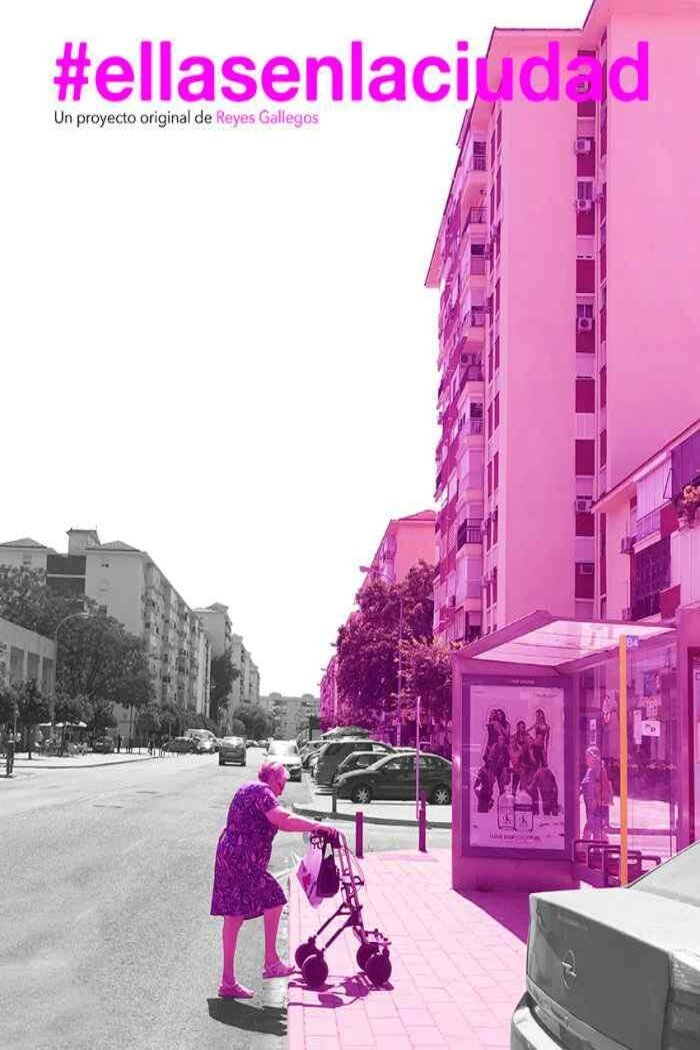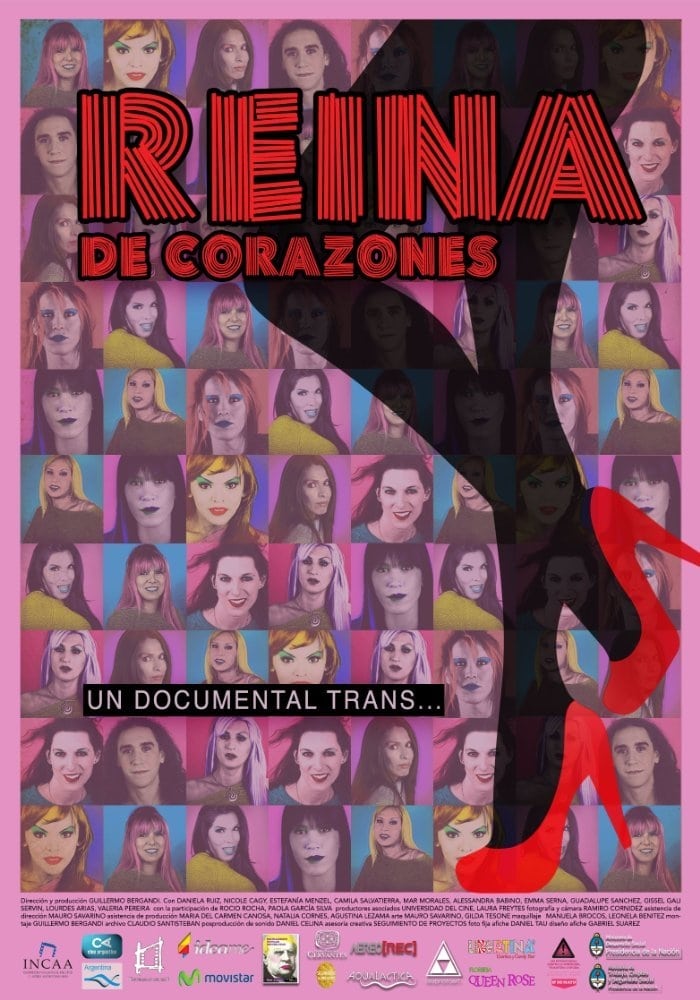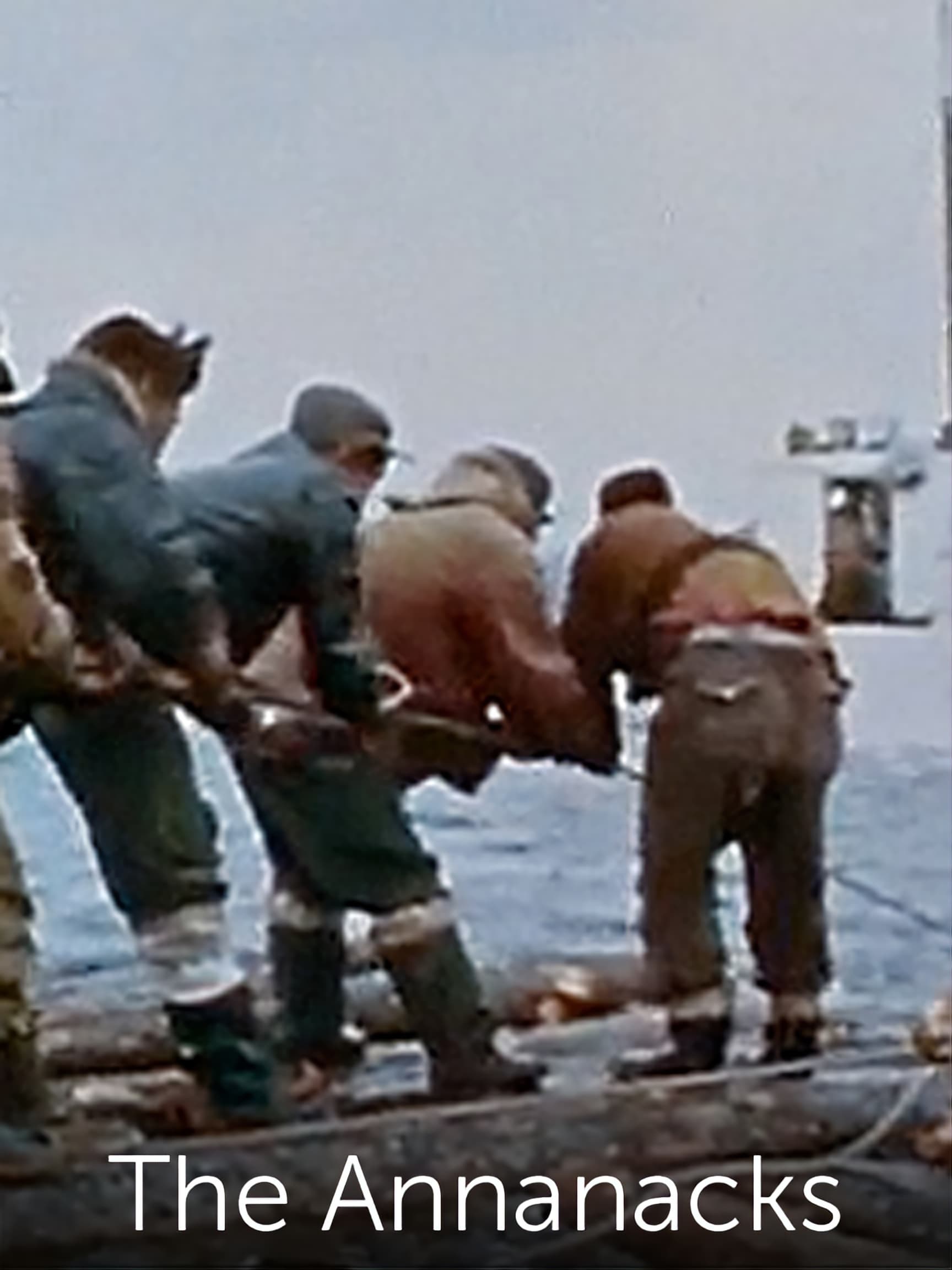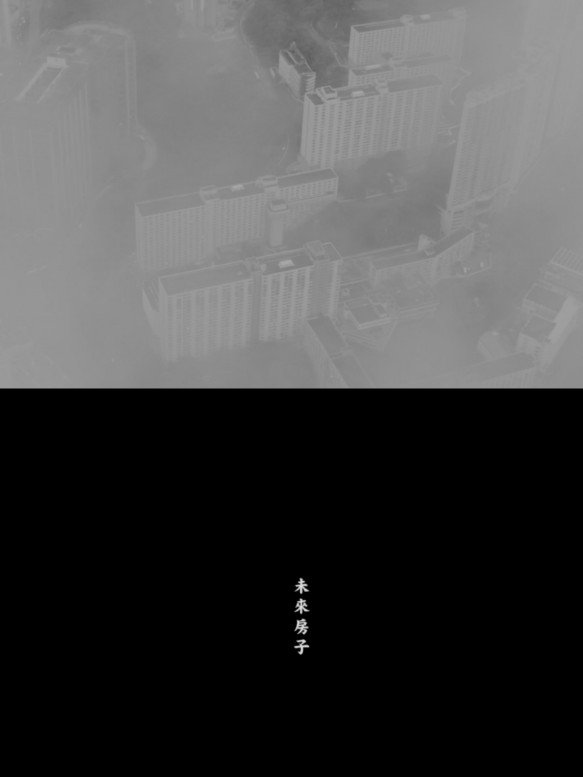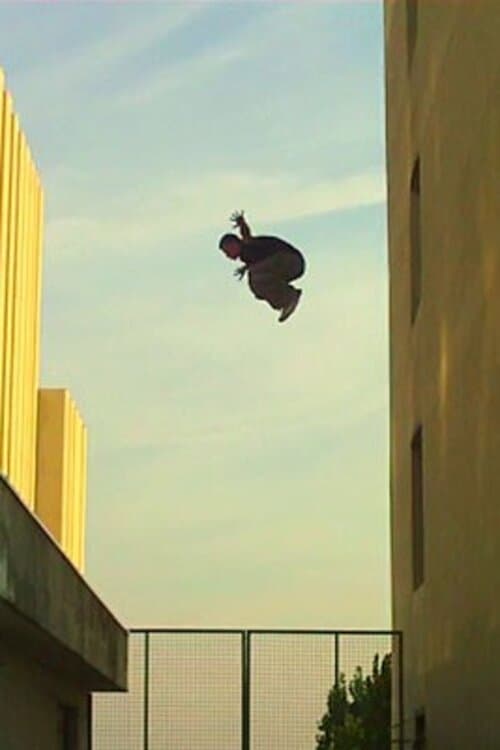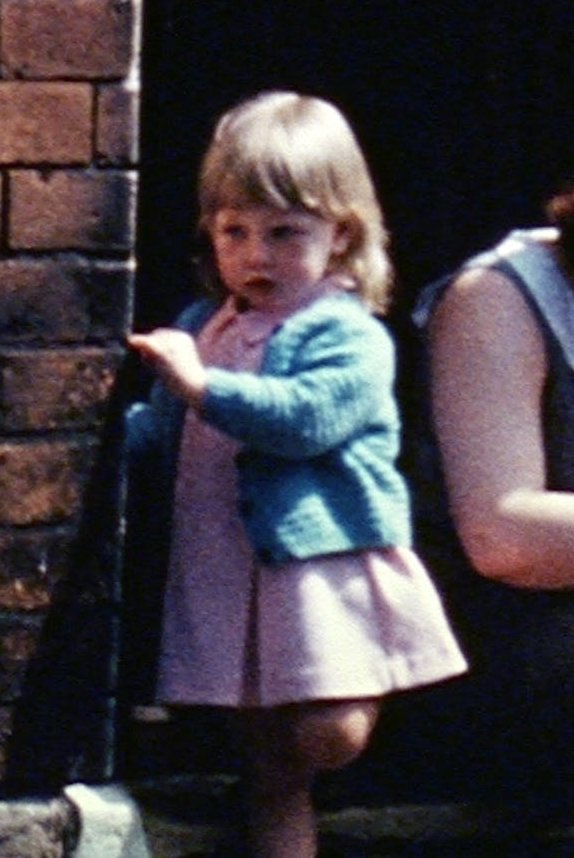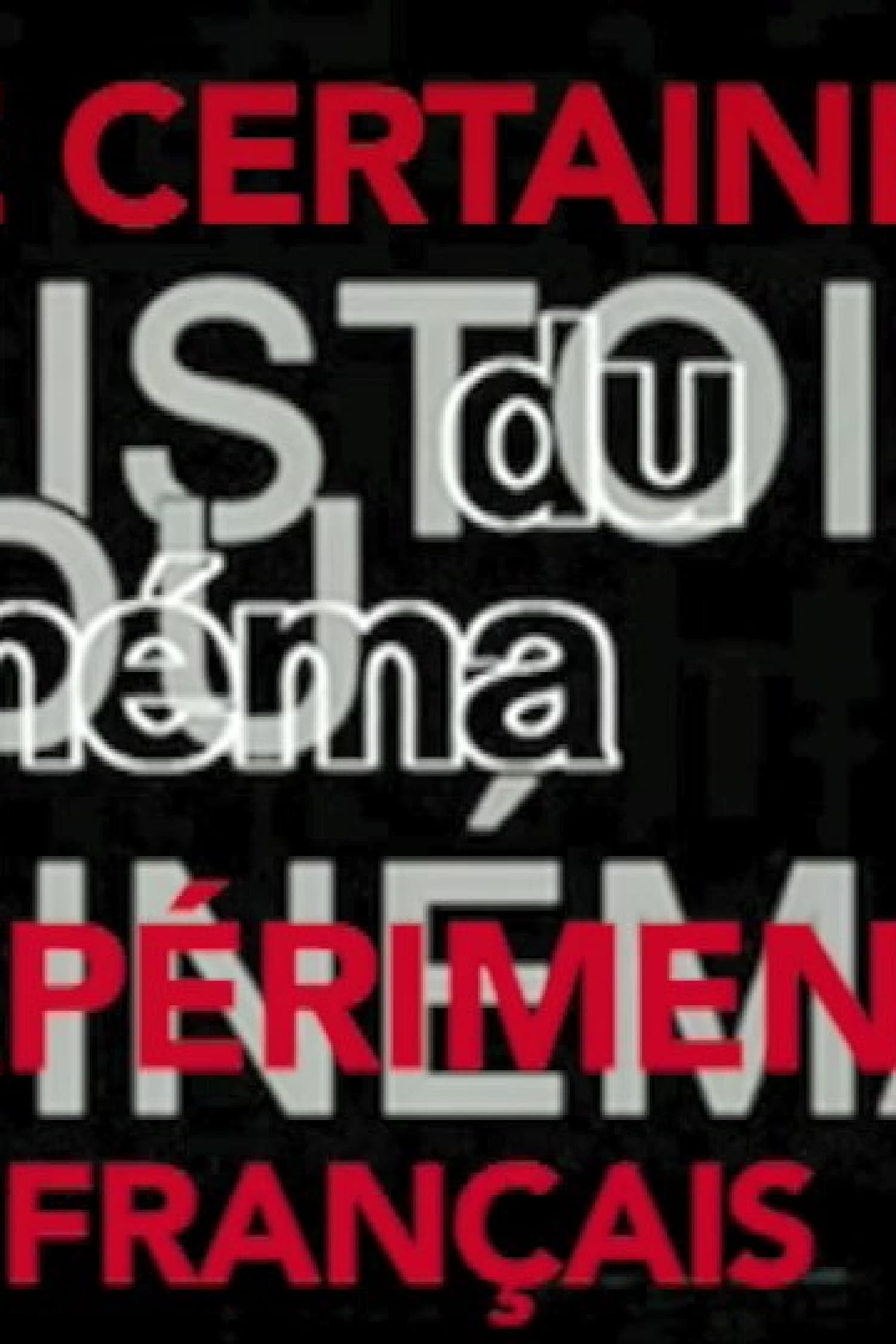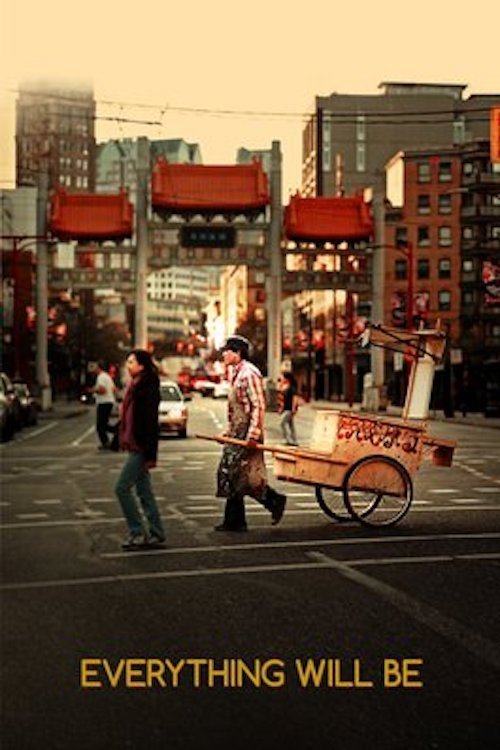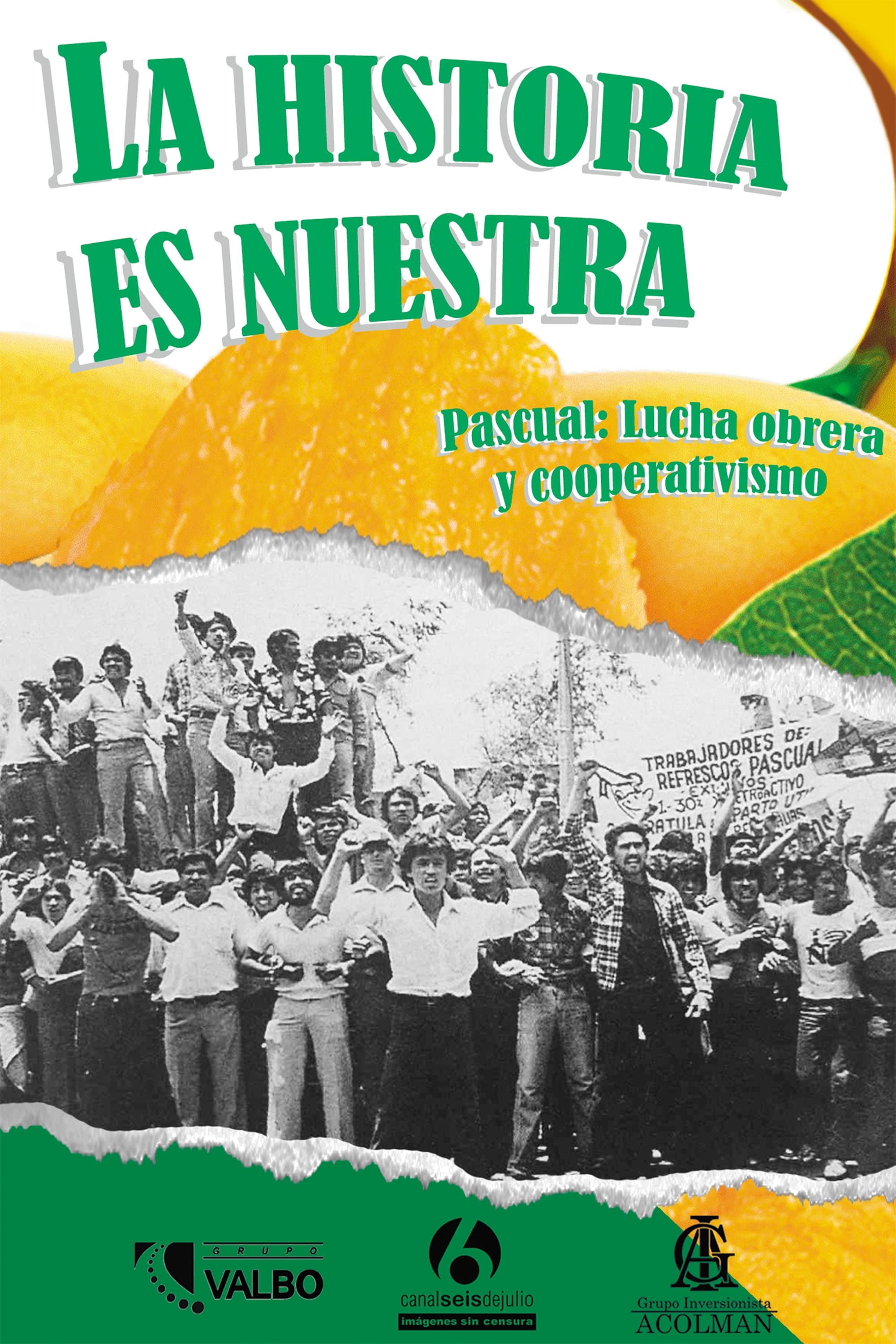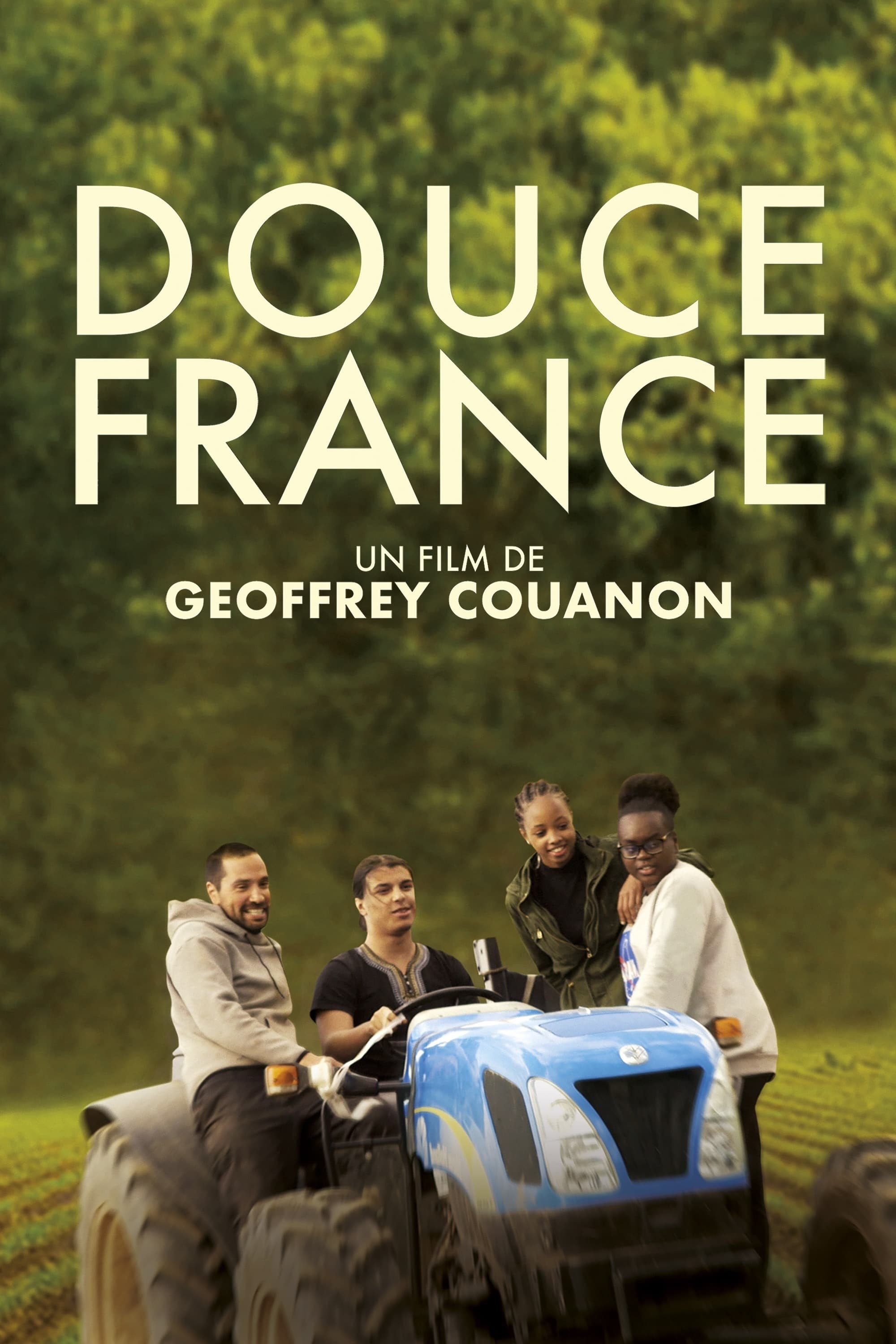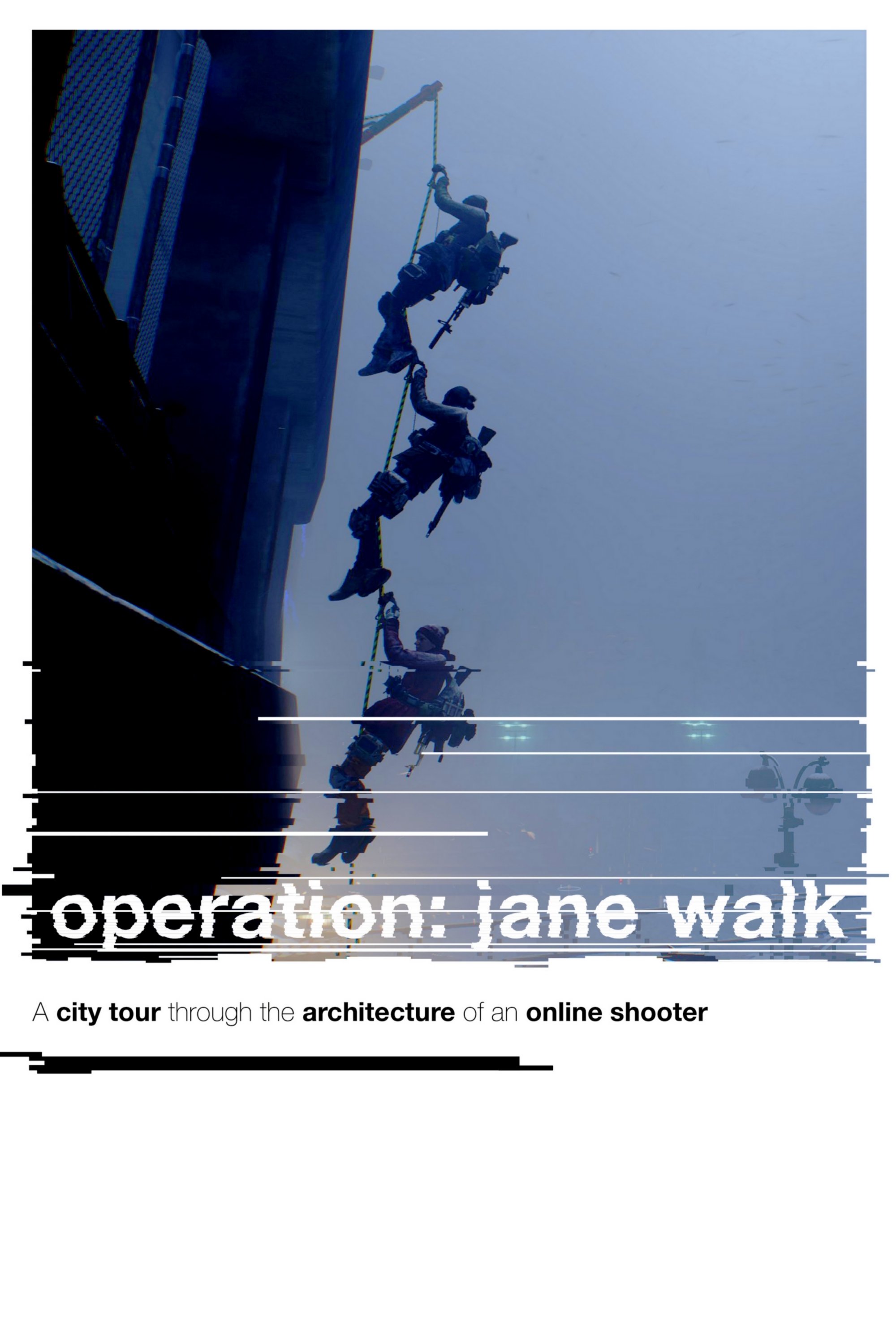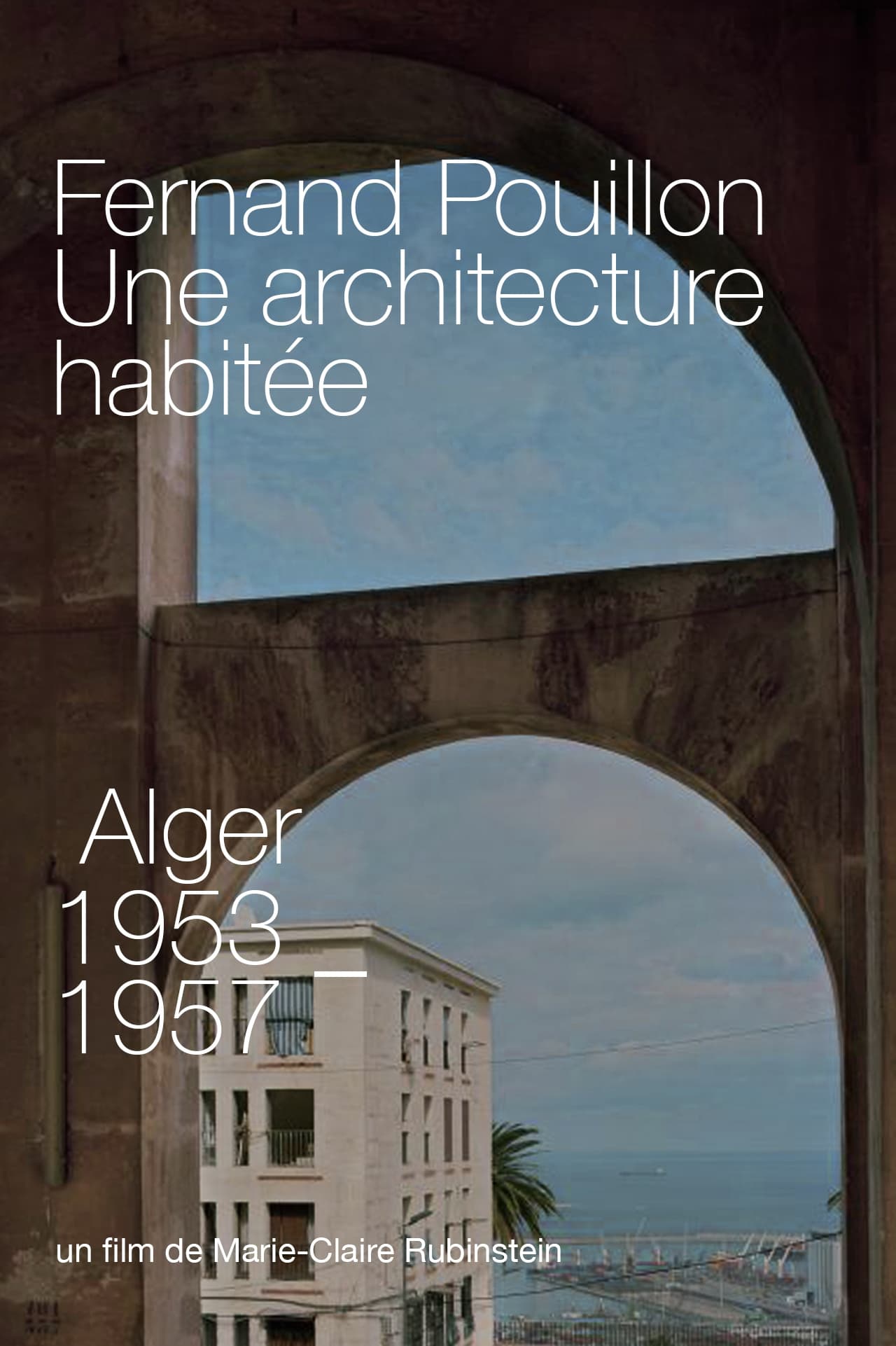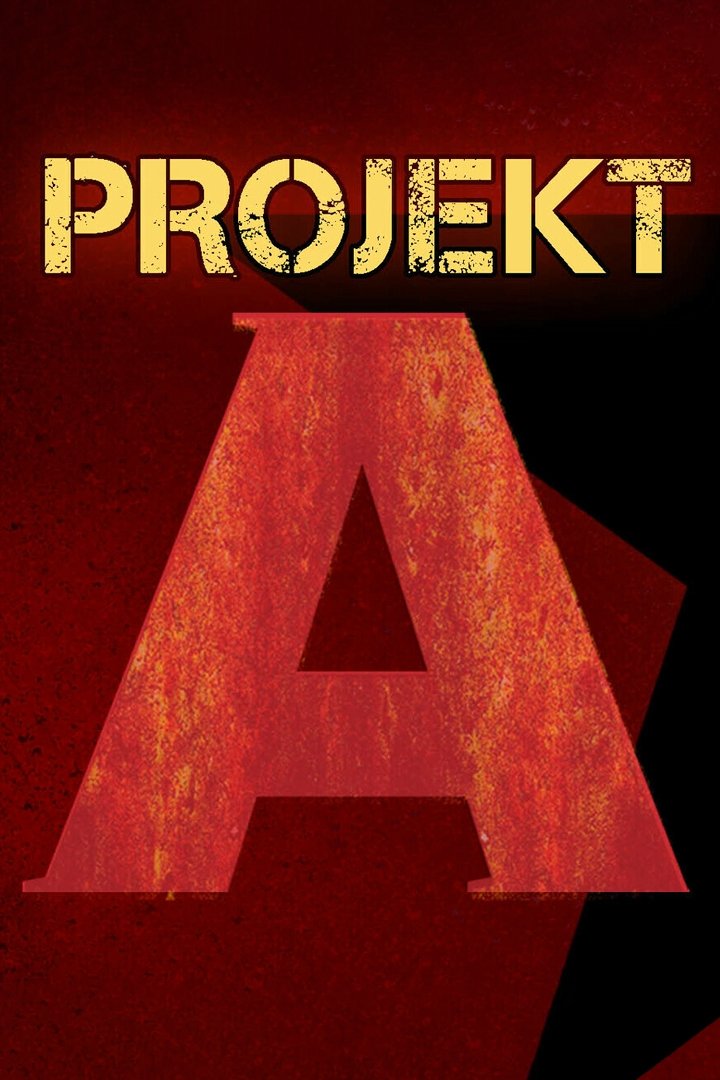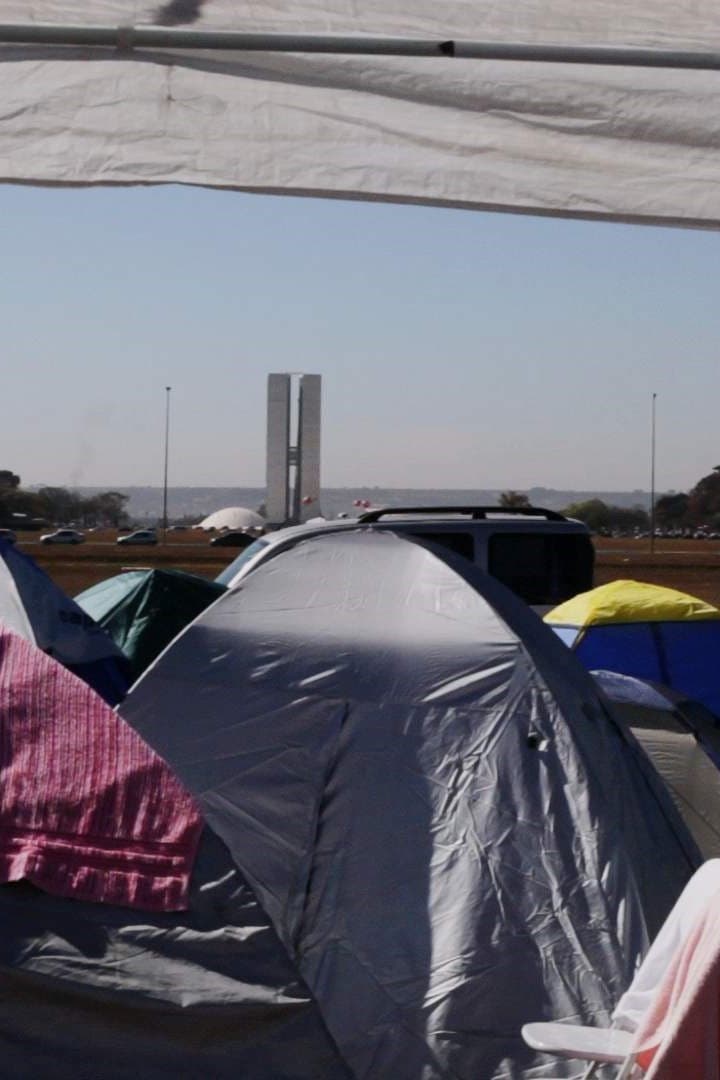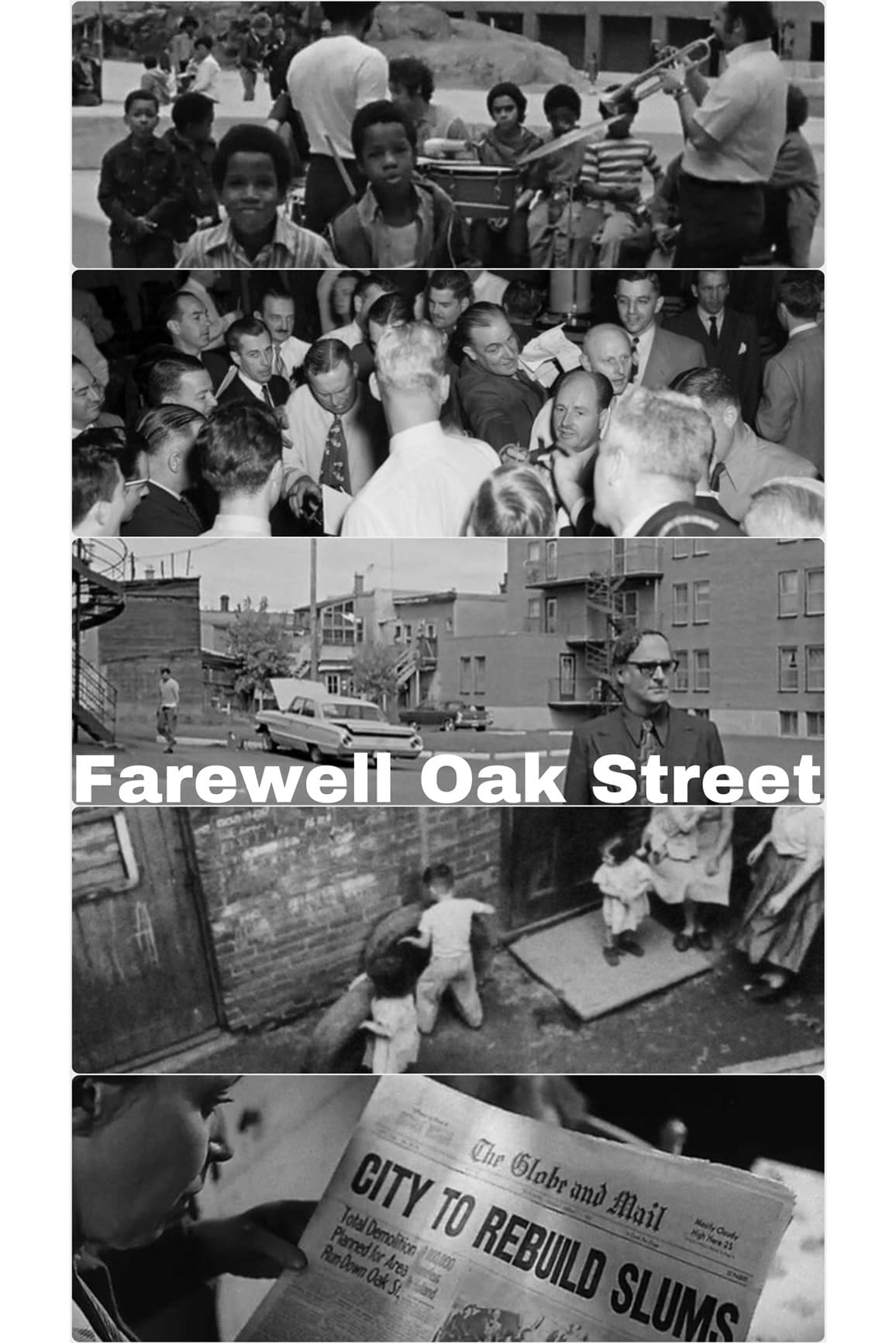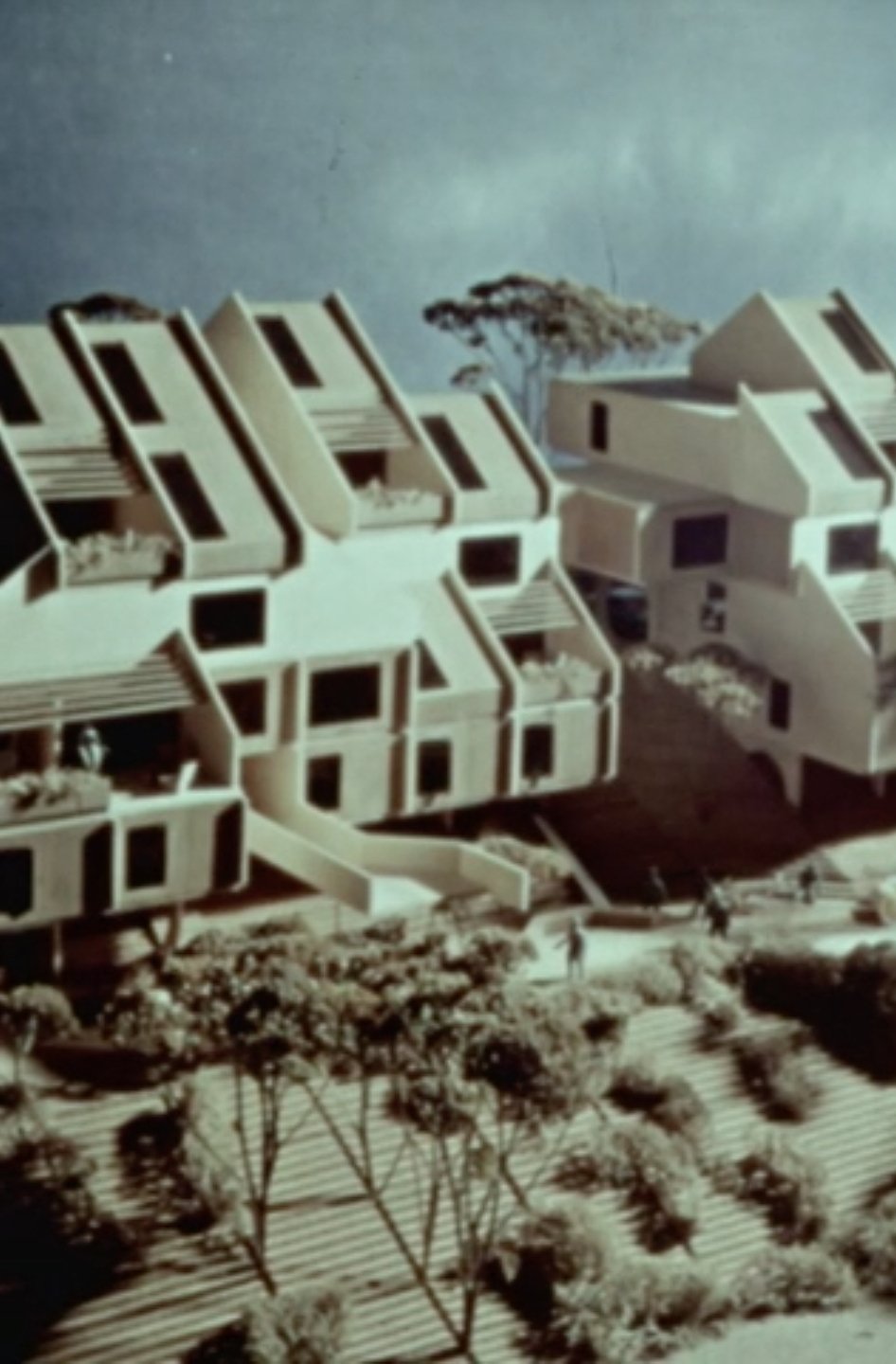Co-op Housing: The Best Move We Ever Made
Watch Movie
Share
Co-op Housing: The Best Move We Ever Made
1975
0h 22m
0.0(0 votes)
Documentary
Overview
Canada is facing a housing crisis, and cooperative housing might be a part of the solution.
Links & Resources
Social & External
Production Companies

Cast & Crew
1 member
Directing
Laura Sky
Narrator (voice)
No Image
Similar Movies
Recommended Movies

No Recommendations Yet
We're working on finding the perfect movies for you. Check back soon!
More movies coming soon
